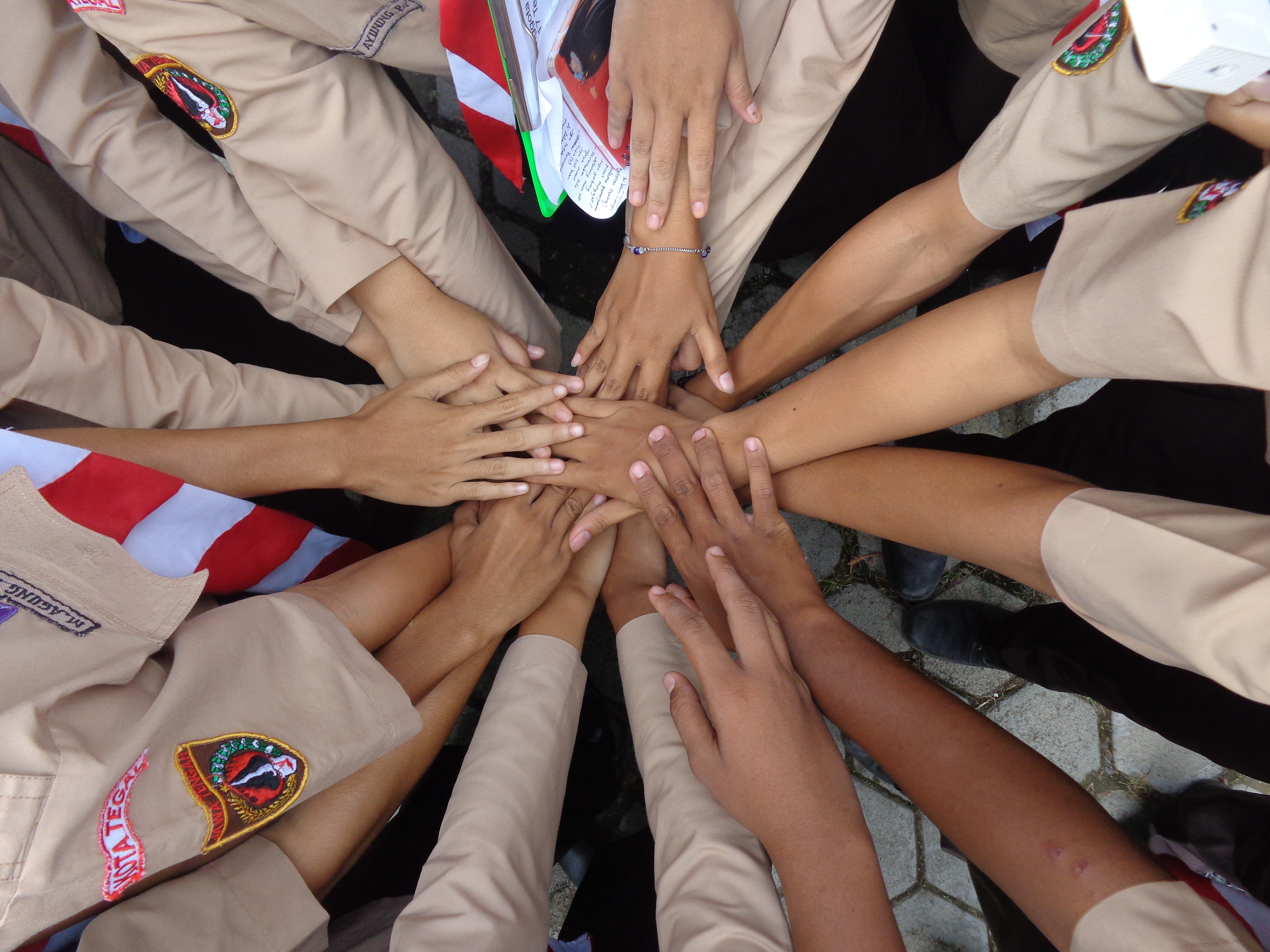By Emma Seppala on Tue, Nov 3, 2020
“I am not a victim” said a young Marine in our study. Recently returned from Afghanistan, he suffers from post-traumatic stress disorder. A man or woman with the courage to go to war does not easily embrace victimhood. Complementary therapies based in yoga and meditation, however, may provide empowering alternatives to traditional treatments.
Whether they have entered the military because of a spirit of service, love of their country, financial need, or excessive testosterone, members of the military live immersed in an age-old philosophy that most civilians may never know: the warrior ethos. Ready to make the ultimate sacrifice, service members embody courage, integrity, selflessness and a deep commitment to protecting others. They have trained under extreme conditions to do things most civilians will never have to think about: lose parts of their body or even their life, kill or injure another human being under orders or by mistake, get right back to duty and keep fighting hours after seeing a friend killed, be separated from families and loved ones for months and even years, and live with the horrendous physical and emotional consequences thereof upon their return home.
Though the military trains them for war, it does not train them for peace. After a long deployment of holding their breath in combat, they often return to civilian life no longer knowing how to breathe.
The National Institute of Health estimates that 20-30% of the 2 million plus veterans returning from Iraq and Afghanistan suffer from post-traumatic stress disorder. This anxiety disorder involves hyper-alertness that prevents sleep and severely interferes with daily life, triggers painful flashbacks during the day and nightmares at night, and causes emotional numbness that leads to social withdrawal and an inability to relate to others. Side effects of PTSD include: rage, violence, insomnia, alienation, depression, anxiety, and substance abuse. PTSD symptoms correlate highly with suicide, a fact that may explain the alarming rise in suicidal behavior amongst returning veterans. According to statistics from the Center for New American Security, from 2005 to 2010 veterans committed suicide at the rate of one every 36 hours.
Traditional treatments for veterans include prolonged exposure therapy and drug-based treatments. Exposure therapy involves recounting traumatic events again and again. The theory behind exposure therapy is that eventually, with enough repetition, the trauma loses its emotional impact. Many veterans drop out of this intensive and challenging therapy. As for pharmaceutical drugs, side-effects of anti-anxiety medications like extreme lethargy or impotence interfere with veterans lives. The only FDA drugs that are approved for PTSD are selective serotonin reuptake inhibitors, which research studies are now suggesting are ineffective. A recent study suggests that, of those veterans who actually undergo an entire course of treatment – whether drug- or therapy-based – only 50% show improved symptoms. There is an urgent need for alternative treatments for veterans.
At the Center for Investigating Healthy Minds at the University of Wisconsin-Madison, we have examined the use of yoga breathing for veterans with PTSD. No longer considered “alternative” treatments, yoga and meditation-based practices are gaining in popularity among veterans. As adjuncts to traditional treatments, they may have tremendous benefits: they are cost-effective, preventative, gentle, and devoid of known side-effects. Perhaps most importantly, they are empowering because self-administered. The veteran is no longer a victim and does not need to depend on a drug or therapist. Once the veteran has learned the breathing or meditation technique, he or she can use them anytime and anywhere.
Vets don’t only need more recognition, they need effective solutions to their problems. In addition to traditional treatment, we need to have a serious national investment in the investigation of alternate and complementary ways in which those who have served our country can regain their lives as civilians.
“Thank you for giving me my life back” – words shared with us by a veteran in our study at the University of Wisconsin.




comments